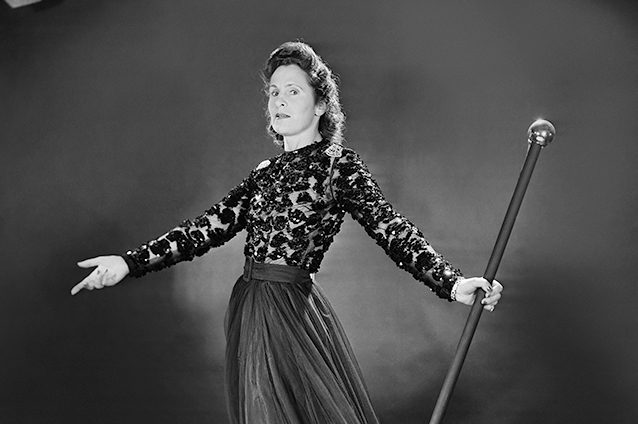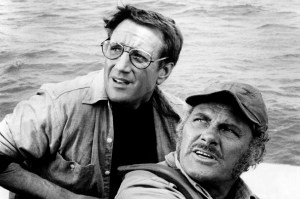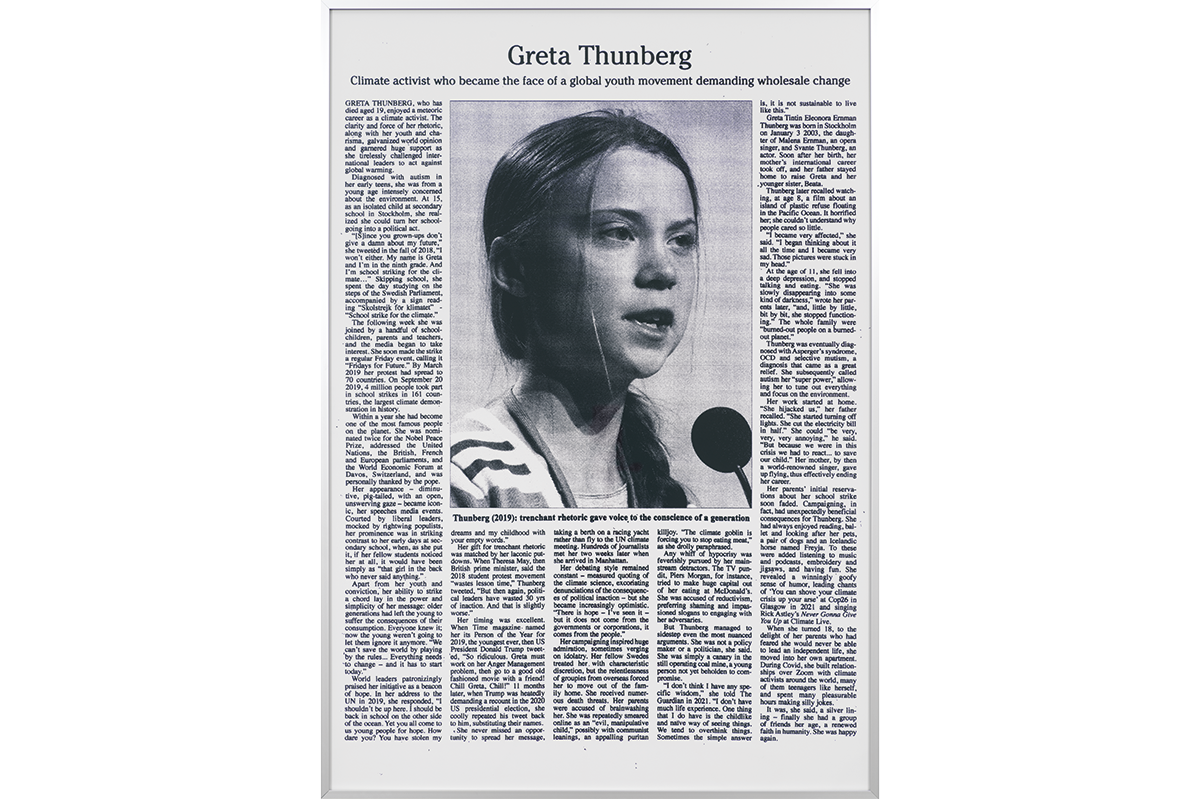Salvador Dalí’s wife Gala was born Elena Ivanova Diakonova in 1894 in Kazan, on the banks of the Volga. Her father was an abusive alcoholic who vanished when she was ten. Her mother, a midwife, moved the family to Moscow where Elena attended an exclusive school. But in 1913 she started coughing, so was sent to a Swiss sanatorium, Clavadel. There she fell in love with a fellow patient, Paul Éluard, who had just published his Premiers poèmes. They got engaged but had to wait until he turned 21 (she was 22) to marry – by which time she had adopted the name Gala. They had a daughter, Cécile, but they left her with his parents.
Éluard was one of the Dadaist circle around André Breton. The big event in spring 1921 was the debut show of a German artist, Max Ernst. Paul and Gala missed it because they were away, so they went to visit Ernst in Cologne and bought his “The Elephant Celebes” the first painting he ever sold. Unfortunately, Ernst’s wife Louise took a strong dislike to Gala – “this floating, glowing creature with dark curls, crooked sparkling eyes and limbs like a panther” – who, she rightly surmised, was trying to steal her husband. Ernst told Louise: “I wish I could be happy just married to you, but it does not work.” Instead, he moved in with Paul and Gala in a very open ménage à trois. Paul told a journalist “I love Max more than I love Gala” and referred to Max as his “brother.”
The threesome shared a pavilion outside Paris and attracted local rumors of orgies and witchcraft. But Paul became increasingly depressed. He handed his poetry manuscript Mourir de ne pas mourir to his publisher and disappeared the next day. He telegraphed his father: “I’ve had enough. I’m going traveling.” Most of their friends believed he was dead. In fact he was on a ship to Guadeloupe, then Panama, whence he wrote to Gala: “You alone are precious. I have never loved anyone but you.” Then he sailed on to Tahiti, and finally Saigon. Max and Gala went out to persuade him to come home, but Max stayed in Indochina. Their ménage à trois was formally over.
Gala and Paul reappeared in Paris as if they had never been away. Then they met the new art star, Salvador Dalí, who invited them to stay in Cadaques. Dalí, at 25, was still a virgin and Gala, ten years older, found his youth and neediness very appealing. She became his “life coach” and, according to Dalí, taught him “how to dress; how to go downstairs (without falling six times); how to eat (without throwing chicken bones at the ceiling); how to recognize enemies and how to stop losing their money.”
Louis Aragon called Dalí “Avida Dollars,” but actually it was Gala who ran their finances and was very shrewd about it. At first they relied on a single wealthy patron, Edward James, but once they were known in New York (after MoMA gave Dalí a one-man retrospective when he was only 38), they got greedy. Dalí started doing society portraits at $25,000 a pop and even designed clothes, furniture and accessories. Air India was so pleased with an ashtray he created that they gave him a baby elephant.
Gala complained that she was being “turned into a businessman,” so she hired an Irishman, Captain Moore, to help her. They agreed that she would continue to sell Dalí’s original paintings and drawings, but Moore could take 10 percent of all deals he generated. (He said that he made $500,000 in his first weekend.) He got Dalí doing editions of lithographs, but from 1965 he had Dalí signing blank sheets of paper to which he could then add a doodle or a forgery. When this practice was exposed in 1974, it left Dalí’s reputation in tatters. But Moore said it was all Gala’s fault: “Gala is a mean, stingy old woman who refused to pay me what I am worth. So I paid myself.” When he died in 2005, he was found to possess 10,000 fake Dalí lithographs.
By the late 1960s, Dalí and Gala were rarely together. His usual escort was an English model called Amanda Lear and Gala retreated to a castle he bought her called Pubol. Her last great project was to create the Dalí Theatre-Museum in Figueras, which opened in 1974 shortly after her 80th birthday. She attended the opening but then had a serious fall and was scarcely seen again. She died in June 1982. Dalí moved into Pubol but was severely injured in a fire. He died in 1989.
There were times when I wondered whether this book was produced by AI because it is so weirdly written. For instance, right at the beginning of Surreal: The Extraordinary Life of Gala Dalí, Michèle Gerber Klein tells us that Gala was born in Russia, officially in 1894 but possibly 1890. The disputed birth date sounds interesting but Klein never discusses it: instead she informs us that Russia is “an 8,800,800-square mile landlocked empire that stretched contiguously eastward from Sweden and the Baltic Sea to the Bering Strait in the Pacific Ocean.” This is followed by two pages of Russian history before Gala is mentioned again, and then we get a history of Kazan.
This eagerness to whizz off into Wikipedia crops up again and again. Whenever Gala and Dalí go to a dinner party, Klein gives us details of every guest, even though they never recur. She just cannot keep her eye on the ball. Which is perhaps why Gala herself seems so elusive. We are told that countless people found her “fascinating” but it is a bit hard to see why. Everyone agrees she was shrewd, scary, intelligent and very beady about money, but her fascination remains a mystery.
I met her once in 1969 when I went to interview Dalí at the Hotel Meurice in Paris. Dalí’s entourage melted away when Gala entered the room and conversation died. She patted the sofa, indicating that I should sit next to her, but her first (and only) words were: “I never speak to journalists.” I didn’t find her fascinating.

























